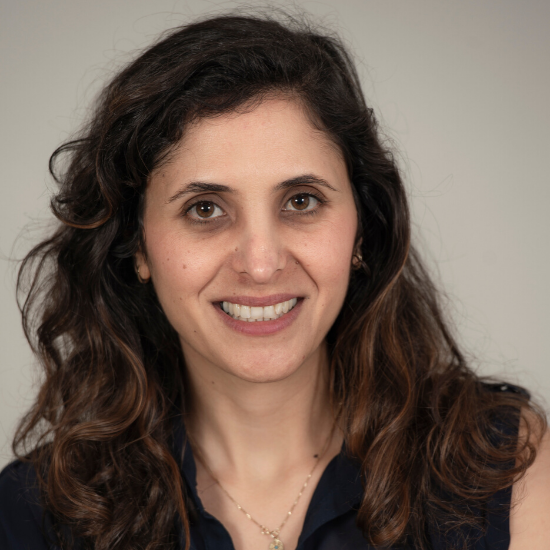
Interview with International Researcher Yamit Naftali
Everyone of us is currently faced with the challenge of dealing with a global pandemic: On an individual level, but also as a society and an economic system. Researcher and Manager of International Research at the Jerusalem Institute for Policy Research, Yamit Naftali is the lead researcher on economics and international research, and also heads the R2Pi project–the transition from a linear to circular economy, which is an international research project in the framework of the Horizon 2020 program (H2020). The Green Alley Award is also grateful to have had her at our expert sessions at the Green Alley Award finals for the past two years. In this interview Yamit encourages startups to look out for opportunities on their local markets.
# In your opinion, will Covid-19 affect the strategies and policies for creating innovation, especially in the field of the circular economy and if so, in what way?
Definitely yes! The startups needs support from the government that will signal to investors to keep investing. The government is able to reduce uncertainty by speedy investment in small startups and companies that need R&D financing in initial recruitment stages. Also, for Medium companies the governments should maintain the continuity of capital investment performance by participating in the risk level; And to increase existing capital supply by stimulating new investors – these can be done by "matching mechanism", loans to investors.
# Where do you see the challenges and chances for startups in the current situation?
In the field of circular economy and innovation there are a lot of opportunities since there is a need for local resources and local raw materials due to global restrictions of manufactures and exports. These might encourage companies to reuse materials and look for substitutes materials and here is the opportunity for startups to innovate and develop new solutions. Moreover, as a result manufacturers will need to devolve and design new technologies that will allow them producing with alternative material (recycled and reused), here innovation R&D is a key role.
# If you could give one advice to the circular economy startups out there, what would it be?
Look up for local opportunities with local industry, try to connect and identify the barriers the local industry is facing and collaborate to innovate and create solutions that fits their current new situation (as a result of the Covid-19) and answers the current needs.